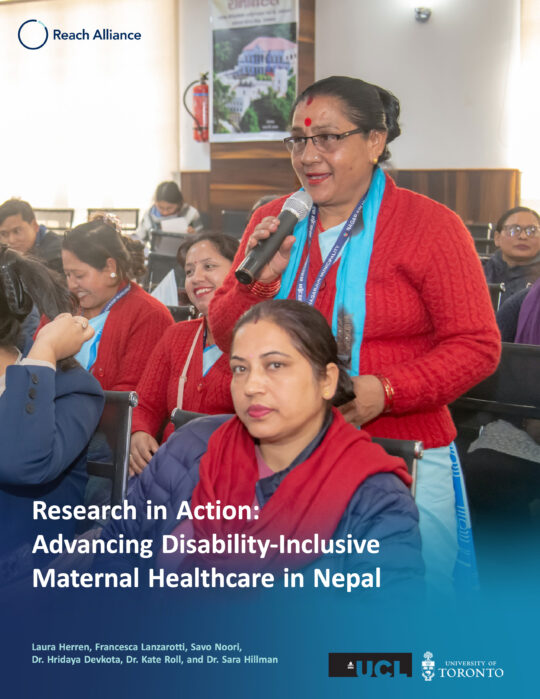As researchers, we prepared extensive desk research on UNHCR Jordan’s biometric cash assistance program months before we landed in Amman, Jordan. We knew exactly what our knowledge gaps were and who we would need to speak with to fill them. We had spoken to friends and colleagues living in Jordan, and were prepared to conduct field research with the local context in mind.
But, what do you do when you’re in the field and the unexpected happens?
We learned just days before our departure that Sunday was a national Jordanian holiday: all offices were closed. We decided to make the best of this situation and use this unexpected extra day to become familiar with our setting and prepare for interviews. However, yet again we hit a roadblock; the University of Toronto’s email server was down for maintenance and completely inaccessible. This is where all of our communications with potential interviewees were stored, meaning that we couldn’t see if organizations had responded to our emails. To make matters worse, several members of our team had fallen ill, forcing us to rearrange our agendas, and other members to take on a greater workload than anticipated.
However, with all these challenges, we knew we had come here with a clear research objective- to understand why and how UNHCR Jordan has been successful at delivering cash assistance to the most vulnerable Syrian refugees. We were not going to let these barriers distract us from our work and we quickly learned to be strategic.
With the help of our outstanding local research assistant, we set out to contact as many key stakeholders as possible through his network. While we had several key interviews scheduled, there were other important actors we hoped to speak with. This presented a challenge for us – in past fieldwork experiences, researchers would drop in to government offices to see if they could arrange a meeting. However, the context in Jordan was far less informal as meetings had to be arranged in advance, and often communication required knowledge of Arabic.
Beyond this, difficulties also derived from the nature of our work. Refugees are indeed a vulnerable population and whether you are government, an international organisation, or a local NGO, you are working tirelessly and constantly to address and support the needs of this group. This meant we had to be conscious of time when arranging interviews with key stakeholders, and ensure we were asking the right questions in order to address the most important issues and knowledge gaps.
As our time to Jordan came to an end, we realized that throughout the experience and all the accompanying challenges, we were able to walk away with a more holistic understanding of the cash assistance program. Resilience is often seen as the key to thriving during times of uncertainty; we adapted to our environment, worked efficiently, and were ultimately able to understand how UNHCR Jordan is able to reach the hardest to reach.
By Ellizabeth Assefa and Natalie Boychuck
